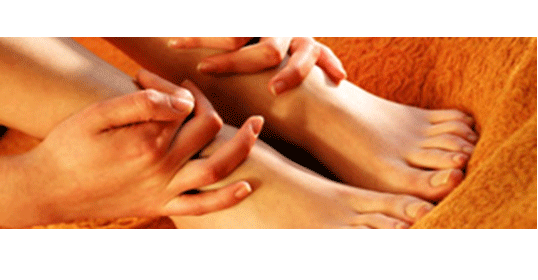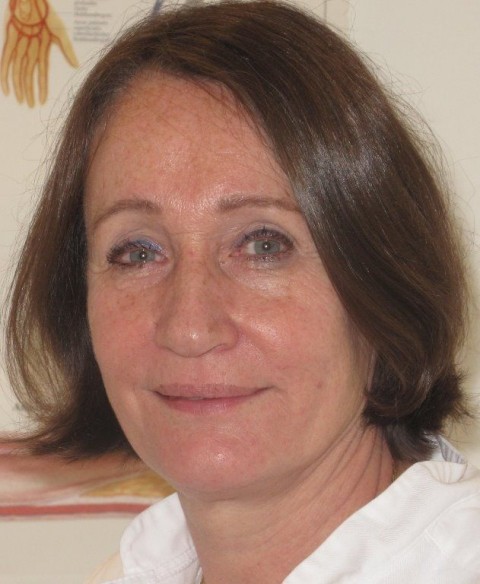
متلازمة تململ الساقين
Are these symptoms overwhelming and you feel an irresistible urge to move to stop the sensations?
If yes, you may are suffering from Restless Legs Syndrome.
Restless Legs Syndrome Symptoms
Restless Legs Syndrome is a condition in which your legs feel extremely uncomfortable typically beginning at night when you try to sleep. The symptoms are most commonly located in the deep of the calves, in the feet and thighs, but also can affect arms. Initially the patient often get an exaggerated sense of positional awareness of the affected leg, later the sensations appear or intensify even while sitting. Movement of the affected part of the body, for instance walking around brings an immediate relief, although temporary and partial and the sensations immediately return after the movement stops. These symptoms often lead to a severe sleep deficiency with secondary tiredness and loss of concentration in job or while driving a car. Some people with severe RLS are not even able to go to work.
Restless Legs Syndrome Etiology
RLS affects estimated 7 to 10 % of the young to middle aged people and 10 to 20 % in those older than 60 years. In the Middle East region approximately 3% of the general population is affected. It is twice as often in women as in men.
Restless Legs Syndrome Typs
We have to differentiate between two kinds of RLS: the primary and the secondary RLS Syndrome.
The primary – idiopathic- RLS is a neurological disease with unknown causes. A disturbance of the dopaminerg system is suspected.
60 % of the symptoms that occurs among family members are triggered by genetic genesis. Medication which interferes with the dopamine system helps reliably.
The secondary – symptomatic – RLS is most commonly associated with iron deficiency, venous disorders, polyneuropathy ,folacit deficit, Diabetes ,renal diseases or pregnancy. 25 % of pregnant women develop a RLS syndrome in the last 3 months of their pregnancy.RLS can also be induced by antiemetic and anti depressive and antipsychotic drugs.
A primary RLS should not be considered till possible medical conditions are ruled out, especially venous disorders and polyneuropathy.
Restless Legs Syndrome Treatment
Patients suffering from these symptoms should go for medical advice including a neurological examination and electrophysiology to exclude a polyneuropathy. When symptomatic geneses are excluded the neurologist will find the adequate treatment.

Dr. Jutta Marquardt

